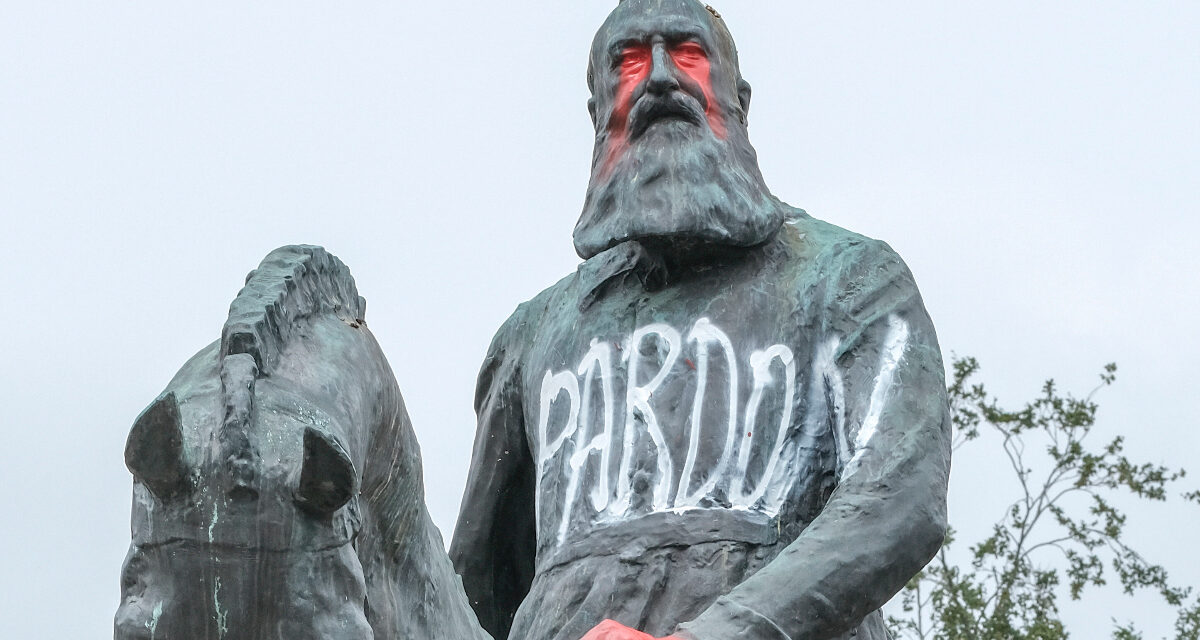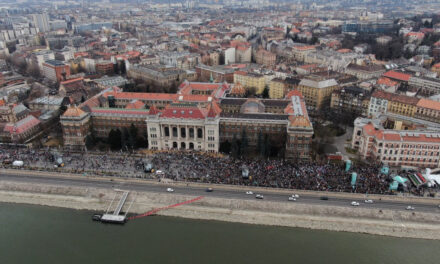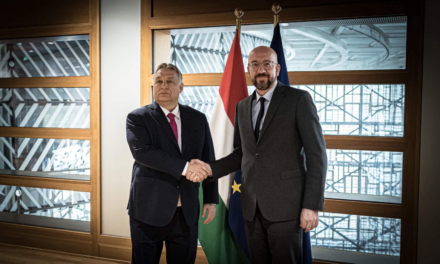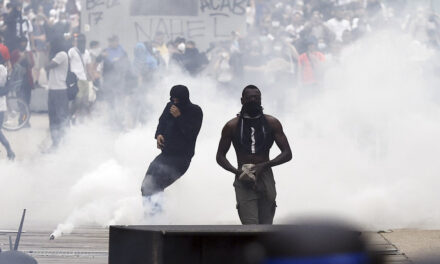After more than two years of work by the special committee dealing with Belgium's colonial past, the federal parliament did not reach an agreement on whether to apologize to the former colonies, the Democratic Republic of the Congo, Burundi and Rwanda, for the system based on exploitation, The Brussels Times news portal reported on Tuesday.
The liberal Belgian parties: the Open Flemish Liberals and Democrats (Open VLD) and the Reform Movement (MR) have explicitly opposed an official apology, instead believing that Belgian King Philippe's visit to Congo in June - where he expressed his "deep regret" - is a sufficient gesture against former colonial countries. However, according to the Walloon Socialist Party, it is not enough. Two right-wing parties, Flemish Interests and the New Flemish Alliance, boycotted Monday's final vote on the issue.
According to The Brussels Times, the difference between offering "regret" and "apology" may seem negligible, however
many parties fear that an official apology could entitle Congo to claim financial compensation from Belgium.
Belgian Green Party politician Wouter de Vriendt, chairman of the special committee, said that the purpose of the panel's work was "to gain clarity and learn useful lessons for the future, but some parties felt that an apology would cross a certain line." He added that the mandate of the parliamentary special committee expires at the end of the year, which means that
there is practically no chance for a consensus to emerge between the factions.
The special committee was created in response to the protests of the Black Lives Matter movement the year before last. The movement started in May 2020 from Minneapolis, USA, after George Floyd, a black man, lost his life during a police action.
The former Congo Free State became one of Belgium's most important colonies in 1908, but even before that, from 1885, II. It was the personal property of King Leopold of Belgium. During the colonial period, the country's raw materials were exploited in an extremely cruel way; the torture and mutilation of indigenous people, and the burning of villages that did not fulfill the service quota were commonplace. Millions died as a result of atrocities, famine and tropical epidemics. The country - then already known as the Belgian Congo - gained its independence on July 1, 1960.
MTI
Cover image: II. Damaged statue of King Leopold in Belgium - Photo: MTI/EPA/Olivier Hoslet












